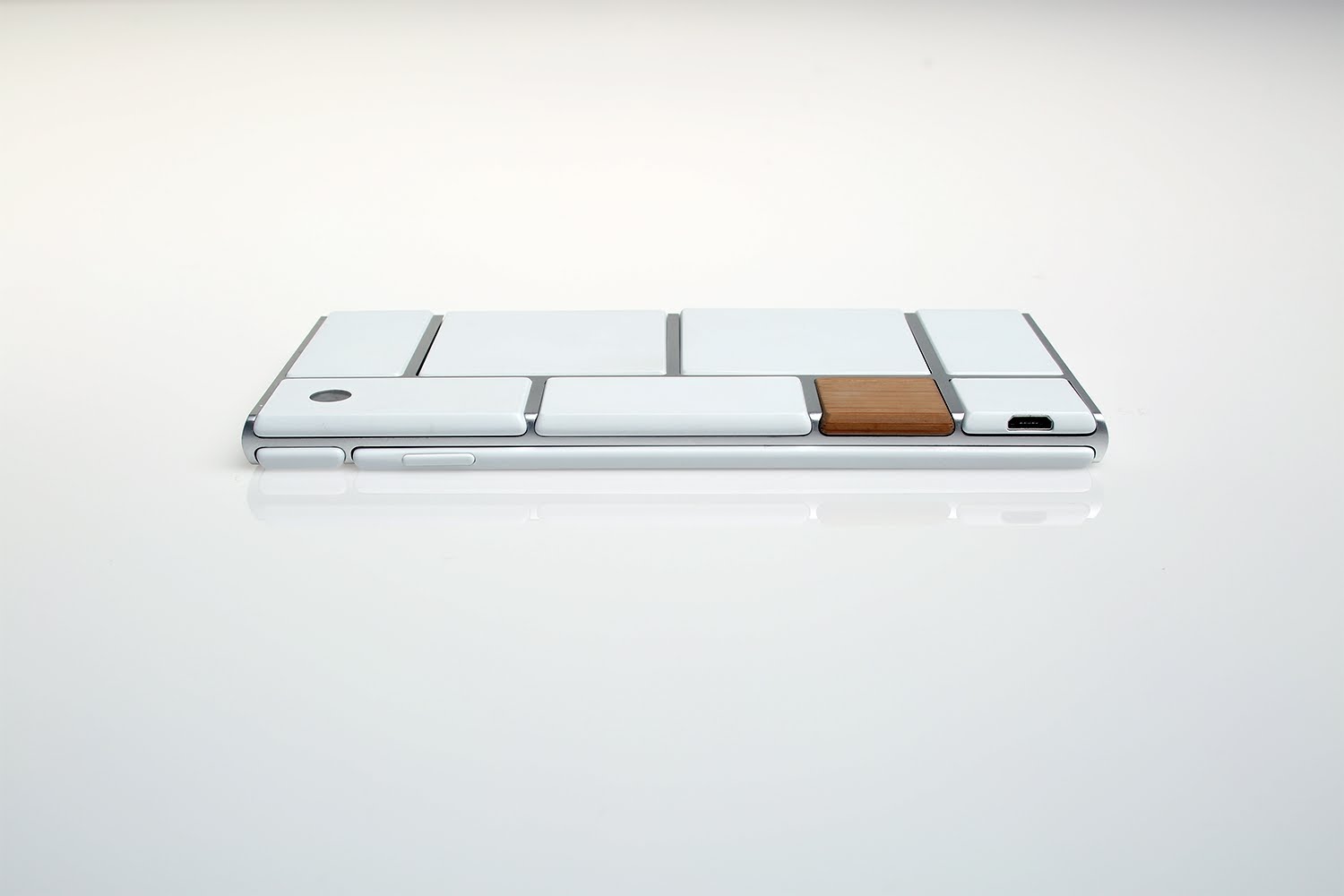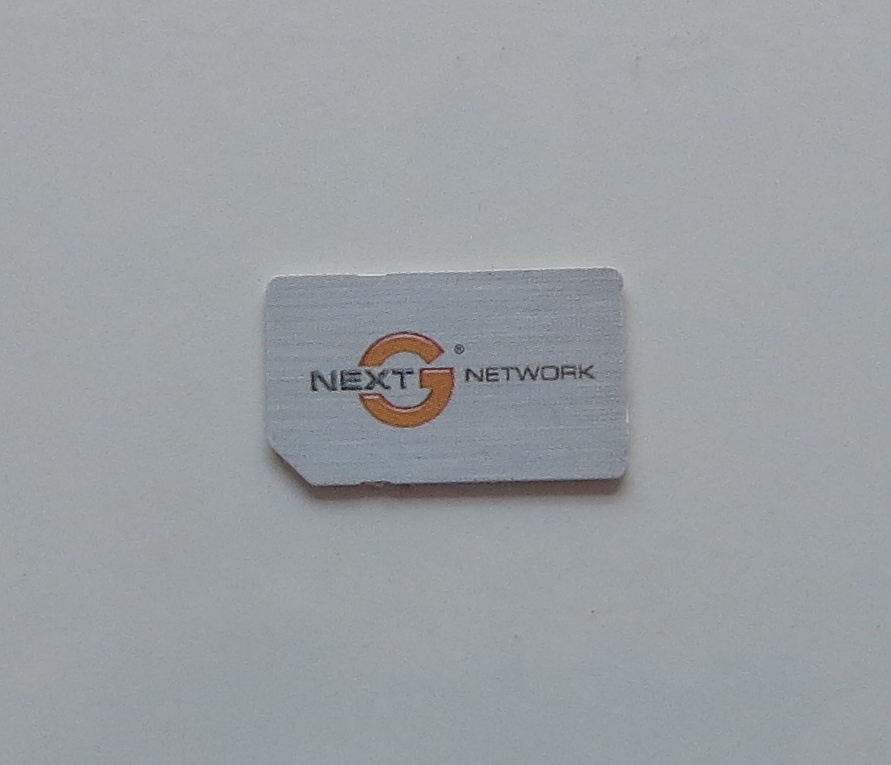Article
FinnCode introduces NFC tracking for musical instruments | NFC World
From the horse’s mouth
Re-Ad (FinnCode)
My Comments
Previously, when the horse-meat crisis hit Europe where cheaper meat cuts and meat-based “heat and eat” foods were adulterated with horse meat or other substandard meats that weren’t reflected in the label, a group of French beef farmers, a French supermarket and others put QR codes to work to track the provenance of the meat they sell. This allowed one to use their smartphone to bring up on its screen the details about that tray of beef they were to buy.
Now FinnCode have worked with Giuletti Accordions to build up an NFC / QR-code labelling system for each of their currently-made accordions in order to make it easier for a musician or potential musician to track the provenance of that instrument. It also includes not just what has come about of the instrument on the factory floor but a way of knowing who previously owned that squeezebox along with the support for a “memoirs” file so musicians can record their gig experiences with that instrument.
It also includes a stolen-instruments register so it becomes easy to know if someone is trying to pass off an instrument that was pinched from its rightful owner. I would also see this as coming in to its own when dealing with insurance claims for those instruments that were damaged in transit or to assist with inventory systems that bands, orchestras and other ensembles may use for managing their instruments.
The same data, especially the diary functionality, can be used to justify the accordion’s resale value which I see as being important with those instruments that either were played by a well-known musician or used in a well-known recording. This is a way of assuring whether one is dealing with a collectable piece.
But there are plans in place to bring it across all newer instruments of all kinds. My question with this is if there are plans in place for a person to use this registration scheme with musical instruments they already own. If this is so, it could be useful to verify that a Stratocaster that someone who is selling was played by that rock god who they claim it was used by or that a Stradivarius was used by a famous violinist to perform in that monumental recording of that symphony.


